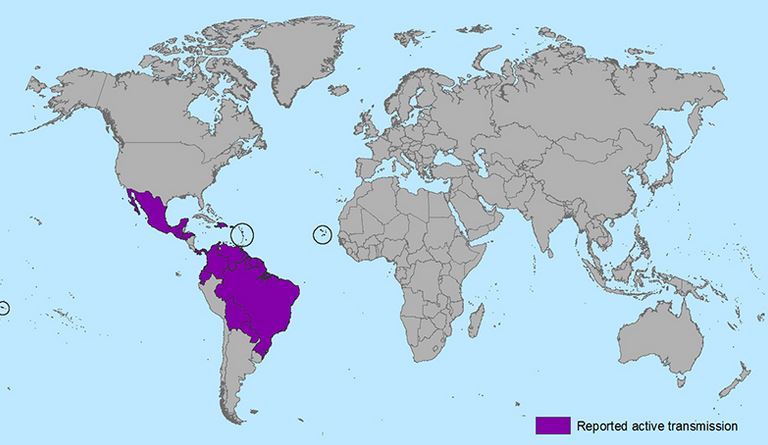I’m sure most people have heard of altitude sickness and probably associate it with mountain climbers. We’ve all seen tv shows about people getting sick when trying to climb Mt Everest. But one thing you may not know is that some birding hotspots are located at high elevations and birders do need to take precautions for altitude sickness when traveling to these spots.
List of Highest Large Cities in the World
List of Highest Cities in the World
If you check out some of these cities, you will notice a few that you may visit or transit while headed to birding hotspots.
SYMPTOMS OF ALTITUDE SICKNESS
Everyone handles altitude differently so you need to know at what point you will start feeling symptoms of altitude sickness such as:
- Loss of appetite, nausea, or vomiting, excessive flatulation.
- Fatigue or weakness headache with or without dizziness or lightheadedness, insomnia
- Peripheral edema (swelling of hands, feet, and face)
- Nose bleeding, shortness of breath upon exertion
- Persistent rapid pulse
- Pins and needles, general malaise
You should consult with a doctor about potential effects of altitude sickness and inquire about appropriate precautions.
From previous travels, I know that I get a bit lightheaded, lose my appetite and sometimes experience nausea or vomiting when I was in Lhasa & Cuzco. Both cities are over 11,151 feet (3,399 m). During our most recent trip to Colombia, I noticed fatigue and shortness of breath when we were in the Paramo. My husband got especially woozy-enough so I felt we had to go back down a bit lower. We had previously been to Quito at 9,350 feet (2,850 m)with no ill-effects, maybe just a bit of fatigue. So now we have an idea that around 2800 meters is where we have to be extra careful. I would actually prefer to avoid going above this elevation altogether, or at least not having Ina go that high since I was able to tolerate 3400 meters in the Paramo.
SOME ACTIONS BIRDERS MAY NEED TO TAKE
Avoid the higher elevations. We plan to visit Bolivia in 2018 and most people fly into La Paz which is at 3640 metres with the airport even higher at 4150 metres. We will avoid La Paz and fly into Santa Cruz. We won’t be going higher than Cochabamba at 2570 metres.
Take medications. The drug acetazolamide (trade name Diamox) may help some people making a rapid ascent to sleeping altitude above 2,700 metres (9,000 ft). It requires a doctor’s prescription.
Ascend more slowly/Get back down to lower altitudes. One example I came across was traveling from Cuzco to the Cock-of-the-Rock Lodge. The actual lodge is fairly low, under 2000 metres but you have to go over a pass that’s over 4000 metres enroute! We would be doing this in a minibus and hopefully they take the pass slowly but at least we can descend by nightfall.
Just one more thing birders need to be aware of!


